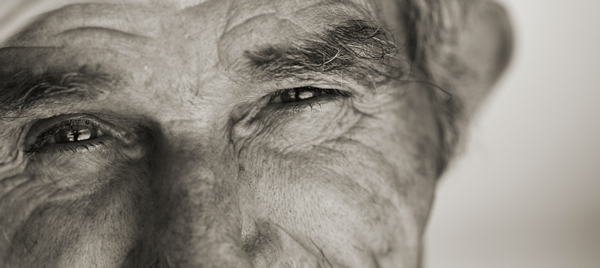Torah Sparks
Genesis 44:18 – 47:27
This Torah portion tells of the reunion of Joseph with his family. First he emotionally reveals his identity to his brothers and seeks to reassure them that he bears no grudge against them. Then he makes arrangements for the transport of his father, Jacob, to resettle in Egypt.
But, though the family is reconciled and brought together, the Torah is careful to show that some things have not changed, nor will they. The main factor that had destabilized the family, before, was Jacob’s favoritism towards Joseph. We can detect the lingering of this tendency on Jacob’s part in ways large and small. One subtle expression of Jacob’s continuing special regard for Joseph is in the way the Torah describes the conveyances that were used to transport Jacob and the family to Egypt – the wagons.
When Joseph happily decides that it is time to embrace his family, he tells his patron, Pharaoh. Pharaoh is delighted to hear this good news about his Hebrew protégé. He magnanimously invites Joseph’s father and his entire clan to come to Egypt and enjoy Pharaoh’s generosity. We should appreciate how unique this gesture of Pharaoh’s is. After leaving the running of the entire country in Joseph’s hands for years, he now springs to assertive action. The same ruler who signed over every aspect of the campaign to save his country and the entire region, now begins to think about the details of this family reunion operation. He comes up with a specific idea, commanding Joseph to send wagons to carry his father, family members and all their belongings down to Egypt. (Gen. 45:19) And the Torah continues: “So Joseph gave them wagons, by Pharaoh’s command.” (v. 21)
When they triumphantly return home, Jacob’s sons are overjoyed to break the good news to their father. Joseph is alive, after all! Yet, instead of embracing his sons at these good tidings, Jacob is unsettled, unable to believe his sons after all these years of grief and lingering suspicion. (v. 26) But when the wagons arrive at Jacob’s settlement, Jacob’s hesitations disappear. These royal Egyptian wagons confirm what his sons have told him. And so: “When he saw the wagons that Joseph had sent to carry him, the spirit of Jacob, their father, revived.” (v. 27)
The wagons that Pharaoh sent are, in Jacob’s eyes, wagons that are really sent by his beloved and trusted Joseph. Jacob can only give credit to Joseph. The sons are obliquely mentioned – Jacob is “their father” – but their report is not to be credited. He climbs onto the wagons, not because they will save him and his family from death and starvation, but so that, before his death, he will be able to see Joseph again. (v. 28)
Even God is compelled to acknowledge Jacob’s obsession with his favorite son. God reassures Jacob that the descent to Egypt is part of the Divine plan, for it is in Egypt that Jacob’s descendants will become a great nation. Just as God had promised Jacob when he was fleeing from his brother, Esau, so, again, does God promise to be with Jacob all along the way to Egypt and back. But those promises seem not to enough. So God must also add: “And Joseph will place his hand over your eyes [when you die].” (Gen. 46:4) Jacob’s eyes (and ears) are for Joseph alone.
But this is not so for the sons or for the rest of us who follow the story. The magical aura of Joseph that, for Jacob, surrounded the wagons, dissipates. The story resumes in a matter-of-fact way: “And the sons of Israel carried Jacob their father, and their children and wives, with the wagons that Pharaoh had sent to carry him.” (v. 5)
Shabbat Shalom
Rabbi David Greenstein
![]()
Subscribe to Rabbi Greenstein’s weekly d’var Torah
image: “Santorini, Greece” © Dietmar Temps altered and used with permission via Creative Commons License
- Toby Stein: In Memoriam - Thu, Feb 8, 2024
- Faithfulness and Hope: Parashat Sh’lach - Thu, Jun 23, 2022
- Past Their Prime: Parashat B’ha`a lot’kha - Thu, Jun 16, 2022

